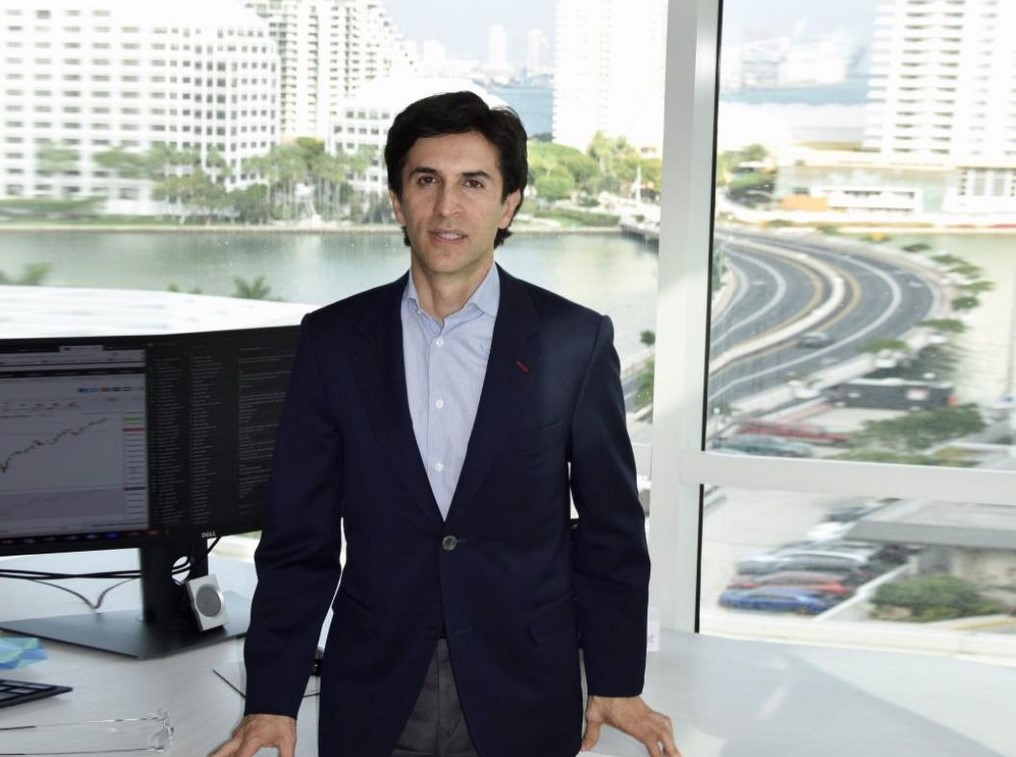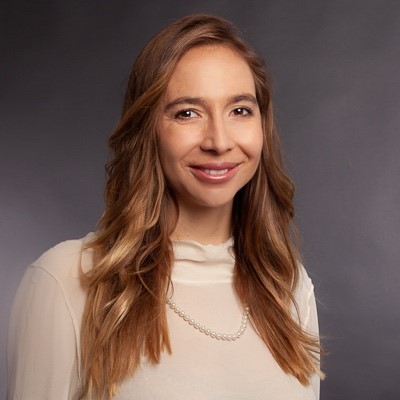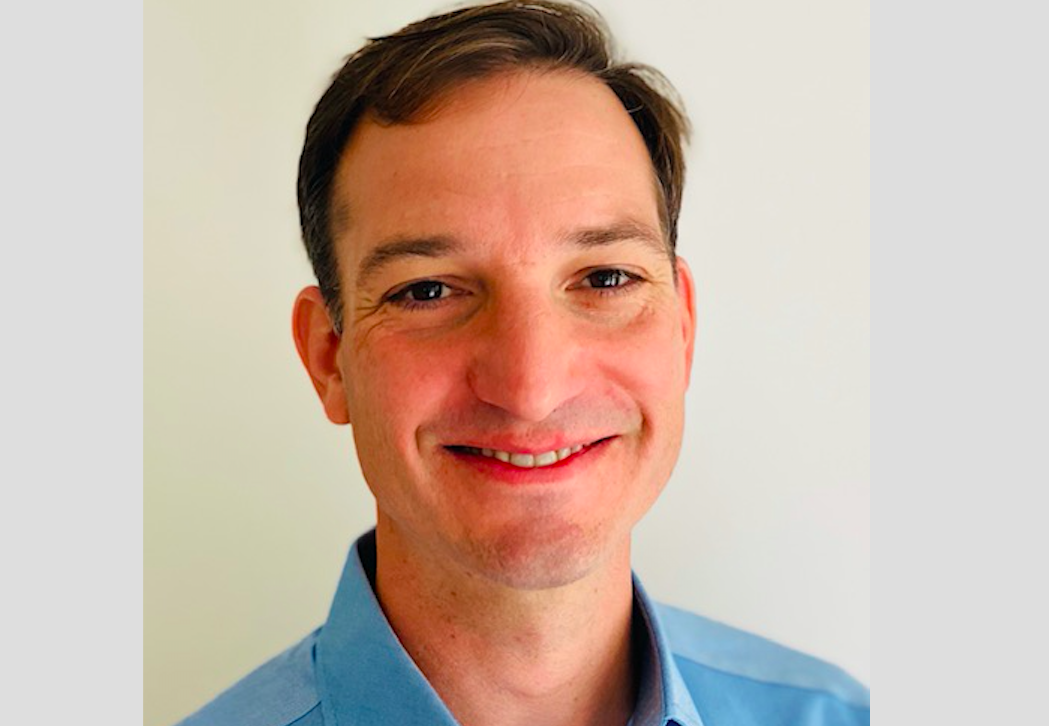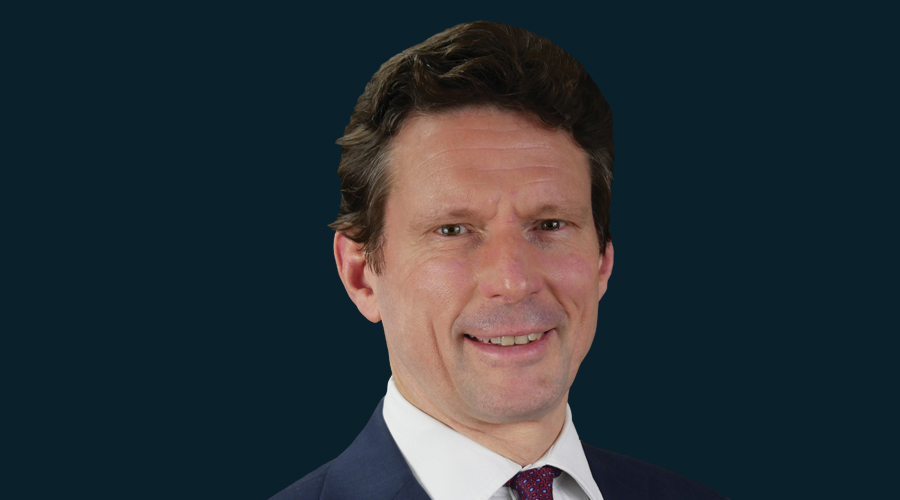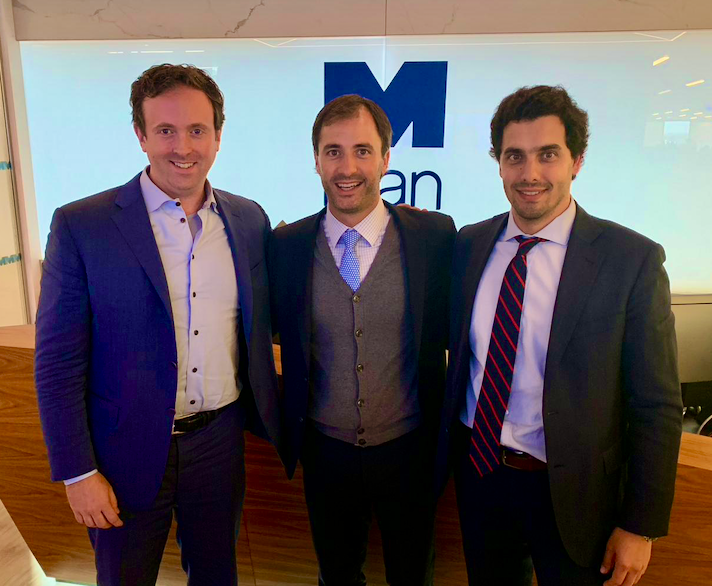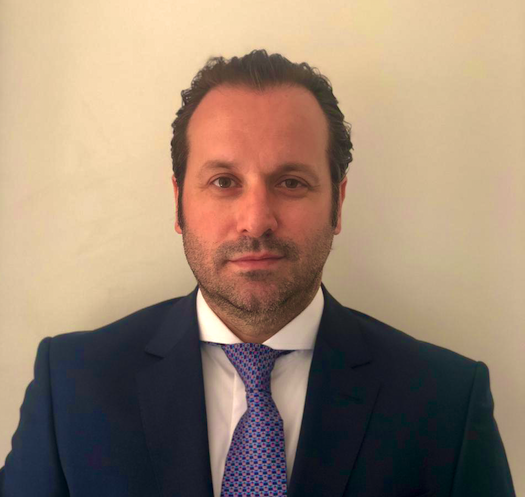The greening of corporate credit
| By Meritxell Sedo | 0 Comentarios

The market for green bonds has been booming. Demand for investments with an environmentally-friendly pedigree has increased hand in hand with a growing awareness of the need to control climate change and pollution, to prevent the erosion of biodiversity and ensure a sustainable future.
But as with every new asset class that takes off, investors need to be wary of the pitfalls.
A decade ago, the market for corporate green bonds barely existed. By the end of April 2020, it was worth USD 347 billion.
In a nutshell, green bonds are debt raised to finance specific environment-related projects. Part of their investment appeal is driven by regulation: governments keen to encourage green projects often offer tax breaks for holding these instruments. But they’re also attractive because they signal the sort of management farsightedness that tends to equate with long-run corporate success.
For firms, the benefits are that demand for these bonds tends to diversify their investor base. And data suggest green bond investors tend to be more committed and hold the instruments longer than they do conventional debt.
Green bonds shoot for the stars
Size of corporate and government green bond market, ICE Bank of America Merrill Lynch Green Bond Index, USD bn

Source: ICE Bank of America Merrill Lynch Green Bond Index. Data as at 30.04.2020.
One attraction for issuers is these bonds’ longer maturities, which means refinancing can be less frequent. For example, green bonds (corporate and government) have an average duration of just under 8 years, compared to 7.2 years for global investment grade corporate debt, perhaps reflecting the fact that environmental projects have long time horizons.
And recently, issuance has been broadening along the credit spectrum. Although corporate green bonds are mostly rated investment grade, high yield issuers like recycling and waste management company Paprec, wind turbine manufacturer Nordex and glass manufacturer O-I Packaging Group have also made forays into the market. And more could find themselves there. Fallout from the Covid pandemic could see some of the 44 per cent of the green bonds that are rated BBB – a smaller proportion than the wider corporate debt markets – become fallen angels by dropping into high yield territory.
The risk facing investors is of confusing bonds that exist out of a company’s genuine desire to push forward a green programme with those that are little more than greenwashing. That’s to say, companies issuing debt as green bonds, but then using the money raised for other purposes, such as to refinance existing debt.
There’s no clear demarcation between where the one ends and the other starts. Partly, this is because green bonds aren’t necessarily ring-fenced project financing, but rather tend to sit on the issuing company’s balance sheet and thus are part of the total mix of assets – which is why green bonds are generally assigned the company’s credit rating. But rating agencies could still downgrade green bonds on environmental, social or governance (ESG) considerations as they increasingly factor these into their analysis.
For instance, Italian electricity producer Enel was accused of greenwashing when it issued a bond linked to its commitment to increasing its use of renewables. Failure to meet targets would force the company to pay a higher coupon on the bond. That’s ostensibly green, but critics argued that in fact it was little more than an option to produce dirty power.(1)
Or take Teekay Shuttle Tankers, owner of one of the world’s largest fleets of oil tankers which set out to raise at least USD 150 million to build four new fuel-efficient ships with a green bond. It fell short, in part because investors questioned how green even a fuel-efficient oil tanker could possibly be.(2)
Grey areas in green bonds
Complicating matters is how some issuers are further slicing up this class of securities, for instance ‘blue’ bonds that are related to investment in water, or ‘transition’ bonds that promote the shift to a lower-carbon economy. Meanwhile, ‘social’ bonds that promise wider societal impact have seen renewed interest following the global coronavirus epidemic.
Sometimes it makes sense to look past the green label and to invest in ordinary securities issued by a truly green company. Some firms with a strong environmental pedigree have shied away from issuing green bonds because of the still small size of the market and its specialised nature, or because they calculate they are not being compensated for the additional compliance costs associated with green bond.
So, for instance, only three car companies have so far issued a green bond, and Tesla, leader in the field of electric vehicles, isn’t one of them. And that’s notwithstanding the sector’s wider push into green transport, particularly electrification. Indeed, the green bond market is still relatively concentrated with more than 70 per cent of issuance by financials and utilities.
But for all the grey areas in green bonds, matters are improving. Some of that improvement comes from best practice, some comes from industry bodies, and some from regulators.
For instance, having issued three sustainable bonds, culminating with a USD 1 billion debt raising in 2019, American coffee chain Starbucks has created a template for other companies to follow. Its aims of shifting the sourcing of its coffee beans to sustainable producers and making its retail operations greener attracted widespread investor support.(3) The company, in turn, became an information resource for other firms seeking to raise green finance.
A voluntary industry code determines what qualifies as a green bond, which is verified by an approved party certified by the Climate Bonds Standard and Certification Scheme. This, in turn, is reinforced by a second opinion from independent external agencies, such as Sustainalytics, that review the greenness of the bond.
Finally, government agencies have been getting involved. The European Union has led the way in December 2019 by establishing rules governing which financial products qualify as “green” or “sustainable”. These rules require firms to fully disclose what proportion of their investments is environmentally friendly or sustainable. A mere 17 per cent of the market value of the green bonds held in the MSCI Green Bond Index would meet the requirements of EU Green Bond Standard (EU GBS)
But quantifying what are often qualitative aspects of operations is a challenge and the field is still new. Agencies that rate companies on environmental, social and governance criteria can provide wildly differing assessments, depending on the weights they give to various factors, such as industry, operating region and management intentions.
Given all the complexities involved, investors need to take a careful, analytical approach. Some green bonds are greener than others. Some ordinary corporate bonds issued by green companies will be greener than green bonds. And sometimes, ordinary debt finance raised by companies in dirty industries will be put towards environmentally worthy investments – especially when the firm is looking to fundamentally change the nature of its operations. Balancing environmental credentials with social factors demands taking a broad view of the market. No single green bond should be assessed in isolation of the issuing company’s overall strategy towards a greener more sustainable business model.
Column written by Stéphane Rüegg, Client Portfolio Manager at Pictet Asset Management.
For more information on our Fixed Income and Sustainability capabilities, please click here.
Notes:
(1) https://www.environmental-finance.com/content/analysis/
in-response-to-accusations-that-enels-sdg-bond-was-greenwashing.html
(2) https://www.ft.com/content/b1d4201c-f142-11e9-bfa4-b25f11f42901
(3) https://www.sustainalytics.com/sustainable-finance/wp-content/
uploads/2019/05/Starbucks-Sustainability-Bond-Second-Party-Opinion_05012019.pdf
Information, opinions and estimates contained in this document reflect a judgment at the original date of publication and are subject to risks and uncertainties that could cause actual results to differ materially from those presented herein.
Important notes
This material is for distribution to professional investors only. However it is not intended for distribution to any person or entity who is a citizen or resident of any locality, state, country or other jurisdiction where such distribution, publication, or use would be contrary to law or regulation. Information used in the preparation of this document is based upon sources believed to be reliable, but no representation or warranty is given as to the accuracy or completeness of those sources. Any opinion, estimate or forecast may be changed at any time without prior warning. Investors should read the prospectus or offering memorandum before investing in any Pictet managed funds. Tax treatment depends on the individual circumstances of each investor and may be subject to change in the future. Past performance is not a guide to future performance. The value of investments and the income from them can fall as well as rise and is not guaranteed. You may not get back the amount originally invested.
This document has been issued in Switzerland by Pictet Asset Management SA and in the rest of the world by Pictet Asset Management Limited, which is authorised and regulated by the Financial Conduct Authority, and may not be reproduced or distributed, either in part or in full, without their prior authorisation.
For US investors, Shares sold in the United States or to US Persons will only be sold in private placements to accredited investors pursuant to exemptions from SEC registration under the Section 4(2) and Regulation D private placement exemptions under the 1933 Act and qualified clients as defined under the 1940 Act. The Shares of the Pictet funds have not been registered under the 1933 Act and may not, except in transactions which do not violate United States securities laws, be directly or indirectly offered or sold in the United States or to any US Person. The Management Fund Companies of the Pictet Group will not be registered under the 1940 Act.
Pictet Asset Management Inc. (Pictet AM Inc) is responsible for effecting solicitation in North America to promote the portfolio management services of Pictet Asset Management Limited (Pictet AM Ltd) and Pictet Asset Management SA (Pictet AM SA). In the USA, Pictet AM Inc. is registered as an SEC Investment Adviser and its activities are conducted in full compliance with the SEC rules applicable to the marketing of affiliate entities as prescribed in the Adviser Act of 1940 ref. 17CFR275.206(4)-3.

